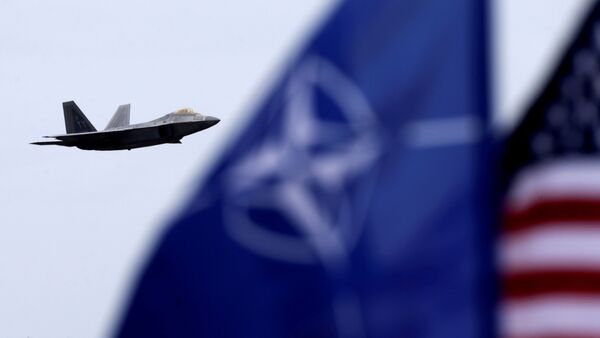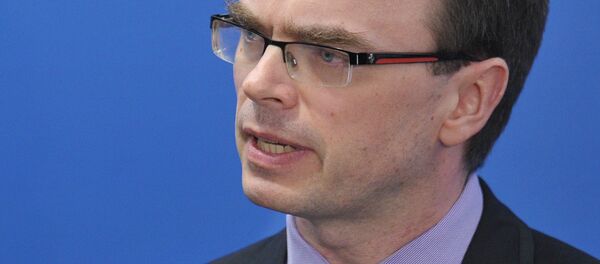According to Heuser, NATO's recent decision is not only a symbolic move, but an initiative that is likely to be actively implemented into practice.
"I don't think it is entirely symbolic. First of all I think that it's going to be on the ground very much involving AWACS surveillance, which is going to give more information about movements. There is also going to be an anti-terrorist cell that will be operational. And particularly there is, obviously, a lot of work [to be done]. We have people coming in and out of countries which are at war and then bringing war into Russia, into Western Europe and into other parts of the world," the expert stated.
Heuser also commented on possible consequences of NATO involvement in the anti-Daesh campaign on migration crisis.
"I think it [overlaps] with the migrant crisis as far as there is a need in the migrant crisis to trace people who have used it to infiltrate the countries that are receptors of the migrants. There will be more cooperation, I'm sure, between the intelligence agencies of NATO member states that now try to catch these people who infiltrated through this way. But it won't be a direct impact on the migrants themselves, except that there is probably going to be more control over them," Heuser said.
After a working dinner at Thursday's summit, the leaders are also set to announce the appointment of an anti-terror coordinator to oversee counterterrorism efforts. The decision follows pressure from US President Donald Trump, who had previously accused NATO of being "obsolete" and called for European countries to step up their funding of the military group.


